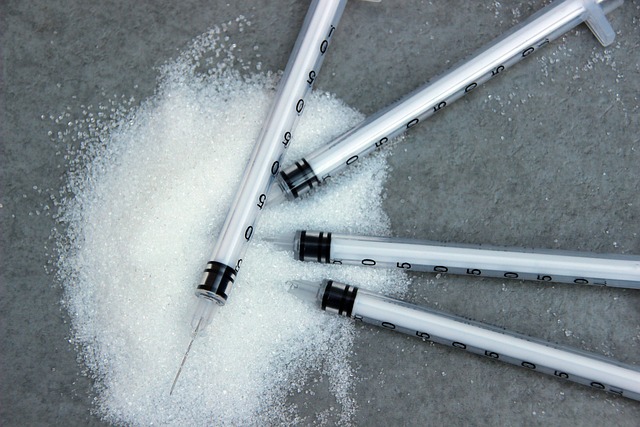The relationship between alcohol consumption and Type 2 diabetes is a topic that has garnered significant attention and debate. While moderate alcohol intake has been associated with potential health benefits, it is crucial to understand the complexities and considerations regarding alcohol consumption for individuals with Type 2 diabetes. In this article, we explore the effects of alcohol on blood sugar control, cardiovascular health, and overall well-being to determine whether alcohol can be deemed “good” or “bad” for those with Type 2 diabetes.
The Potential Benefits
- Heart Health: Moderate alcohol consumption, particularly red wine, has been associated with a reduced risk of heart disease in the general population. Certain compounds found in wine, such as resveratrol, may have cardioprotective effects. However, it is important to note that these benefits are not exclusive to alcohol and can also be obtained from other sources like grapes or berries.
- Increased Insulin Sensitivity: Some studies suggest that moderate alcohol consumption might improve insulin sensitivity in individuals with Type 2 diabetes. This improved sensitivity can potentially aid in better blood sugar control. However, individual responses may vary, and excessive alcohol intake can have the opposite effect, leading to insulin resistance.
The Potential Risks
- Blood Sugar Control: Alcohol can interfere with blood sugar control. It can cause hypoglycemia (low blood sugar) if consumed without food or in excessive amounts, especially for those taking insulin or certain diabetes medications. Conversely, it can lead to hyperglycemia (high blood sugar) due to its carbohydrate content or if mixed with sugary mixers.
- Weight Management: Alcohol is calorie-dense and provides little nutritional value. Excessive alcohol consumption can contribute to weight gain and obesity, which are risk factors for Type 2 diabetes. Additionally, alcohol can impair judgment and lead to poor food choices, making it harder to adhere to a healthy diet.
- Increased Cardiovascular Risk: While moderate alcohol intake may have potential cardiovascular benefits, excessive consumption can raise blood pressure, increase triglyceride levels, and contribute to the development of cardiovascular diseases, which are already a concern for individuals with Type 2 diabetes.
A Balancing Act
- Moderation: If you choose to drink alcohol, moderation is crucial. For individuals with Type 2 diabetes, the American Diabetes Association suggests a limit of one drink per day for women and up to two drinks per day for men. One drink is typically defined as 12 ounces of beer, 5 ounces of wine, or 1.5 ounces of distilled spirits.
- Personalized Approach: It is essential to consider individual factors such as blood sugar control, overall health, medication use, and personal preferences when deciding whether or not to consume alcohol. Consultation with a healthcare professional or a registered dietitian can provide tailored guidance based on individual needs.
- Lifestyle Factors: It is important to remember that alcohol should never be considered a primary strategy for managing Type 2 diabetes. Lifestyle factors such as a balanced diet, regular physical activity, and adherence to prescribed medications are the cornerstones of diabetes management.
The relationship between alcohol and Type 2 diabetes is complex, and no definitive answer of “good” or “bad” applies universally. Moderate alcohol consumption may have potential benefits, such as improved insulin sensitivity and cardiovascular health, but it also poses risks to blood sugar control and overall well-being. Individualized decision-making, moderation, and careful consideration of personal health factors are key. It is always advisable to consult with healthcare professionals to determine the best approach to alcohol consumption within the context of managing Type 2 diabetes.
Image by Steve Buissinne from Pixabay
Diabetes and Prediabetes
-

How to Apply Intermittent Fasting to Reverse Prediabetes
Prediabetes is a condition characterized by elevated blood glucose levels that are not yet in the diabetic range. It serves as a warning sign, indicating an increased risk of developing type 2 diabetes. Intermittent fasting has garnered attention as a potential strategy for managing prediabetes and reducing the progression to full-blown diabetes. This article explores…
-

How to Track Diet and Exercise to Reverse Prediabetes
-

Intermittent Fasting and Diabetes: A Powerful Adjunctive Therapy for Managing and Reversing Type 2 Diabetes
-

Why You May Drink Alcohol with Type 2 Diabetes
-

How to Manage Blood Sugar Naturally – Endocrine Health Vs Diabetes
-

Manage Your Diabetes with These Promising Alternative Therapies
-

Prevent Diabetes by Learning How to Eliminate Its Root Causes








Leave a Reply